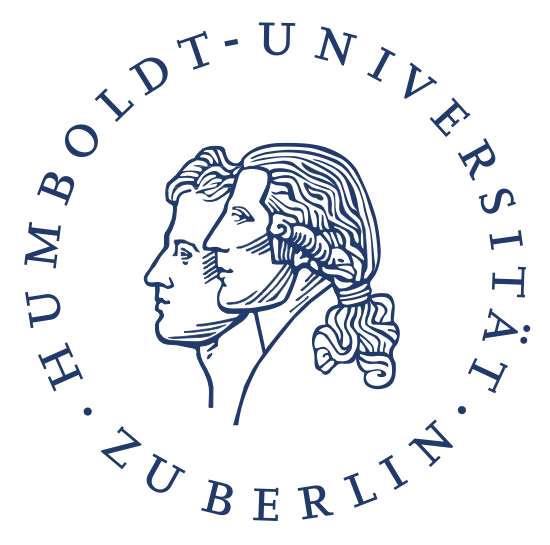Project management
Research Assistant
Student Assistant
About the project
The experiencer project examines in which way semantic and pragmatic characteristics of prominence influence the structure of experiencer-stimulus constructions. The focus of this research lies on investigating two contrary hypotheses about the syntactic behavior of experiencer arguments, which either trace the latter back to the topicality of experiencers or their syntactic status.
The effects of topicality and semantic role on the realisation of arguments will be systematically examined in a comparative language sample with the help of experimental as well as corpus linguistic methods. The aim of this investigation is to determine which status is to be applied to the factors topicality and semantic role when identifying a typology for experiencers. The use of experimental methods hereby bears the advantage of being able to methodically control the assessment of hypotheses about the interaction of syntax and pragmatics. Corpus studies complement the generalisations, made based on experiments, with naturalistic data.
The proposed study is one of the few current studies introducing corpus data and experimental data for non-european as well as underexplored languages to the discussion. This allows for the consideration of structures of underexplored languages for the linguistic theory construction.
Theory
Experiencers and predicates that select experiencers make up a central field of phenomena of theoretical linguistics, as they trigger effects that are located outside of the standard behavior of canonical (non-experimental) structures. This includes word order and binding effects as well as particular extraction behavior or islandhood. Various theoretical assumptions assign the main reasons to the following, differing linguistic layers:
- semantic-aspectual characteristics
- syntactic characteristics
- discourse characteristics.
The empirical studies of these unique effects in different languages contribute to the current perceptions and question them. In addition, factors causing these unique effects can be defined more precisely. For this, the following needs to be taken into account:
- absolute & relative semantic-aspectual characteristics of the participants (liveliness, agentivity) and predicates (verb classes, stativity, causativity, individual level/stage-level)
- characteristics of the argument structure and overal syntactic characteristics (case, syntactic functions, unaccusativity)
- interactions with language-specific phenomena (scrambling, left-dislocation, morphological/syntactic topicalisation, clitisation, quirky subjects)
- interactions with contextual conditions (information structure, discourse relations)
Language typology
The special characteristics of experiencer structures have been observed and studied in numerous languages. That is why an important focus of this studiy lies on language comparison. These are the languages looked at so far:
- German,
- Greek,
- Hungarian,
- Korean,
- Chinese,
- Icelandic,
- Turkish,
- Yucatecan.
Special attention is paid to undertaking comparative studies for different languages. One of the challenges lies in taking into account language-specific characteristics. The interaction of experiencer effects with language-specific phenomena is an important field of research in this project and also contributes to the conceptualisation of typological studies.
Find an experiment sample design for the transferal to other languages here.
Methodology
As controlled linguistic studies serve as the central database for our research, we also contribute through method comparisons to the debate on the reliability of linguistic data and data collection.
For this, see for instance the articles for the AMLaP 2013 and the Linguistic Evidence 2014 in publications.
In addition, we're making the database for our research available. In Materials you can find extracts from the experiments as well as templates for the experiment design.
News
New project phase started
The proposal for further project funding was approved by the DFG. The current project phase focuses on typological and theoretical research on psych alternation. More information here.




